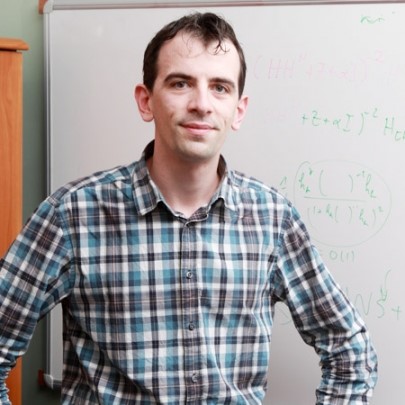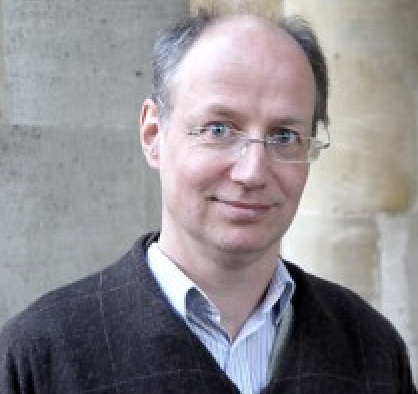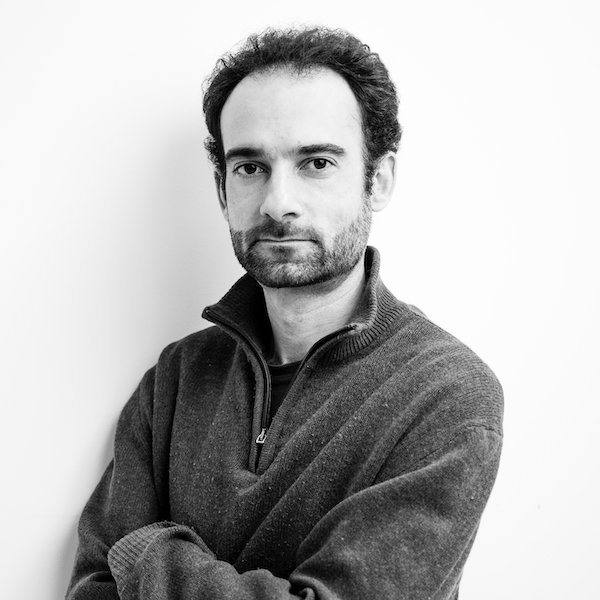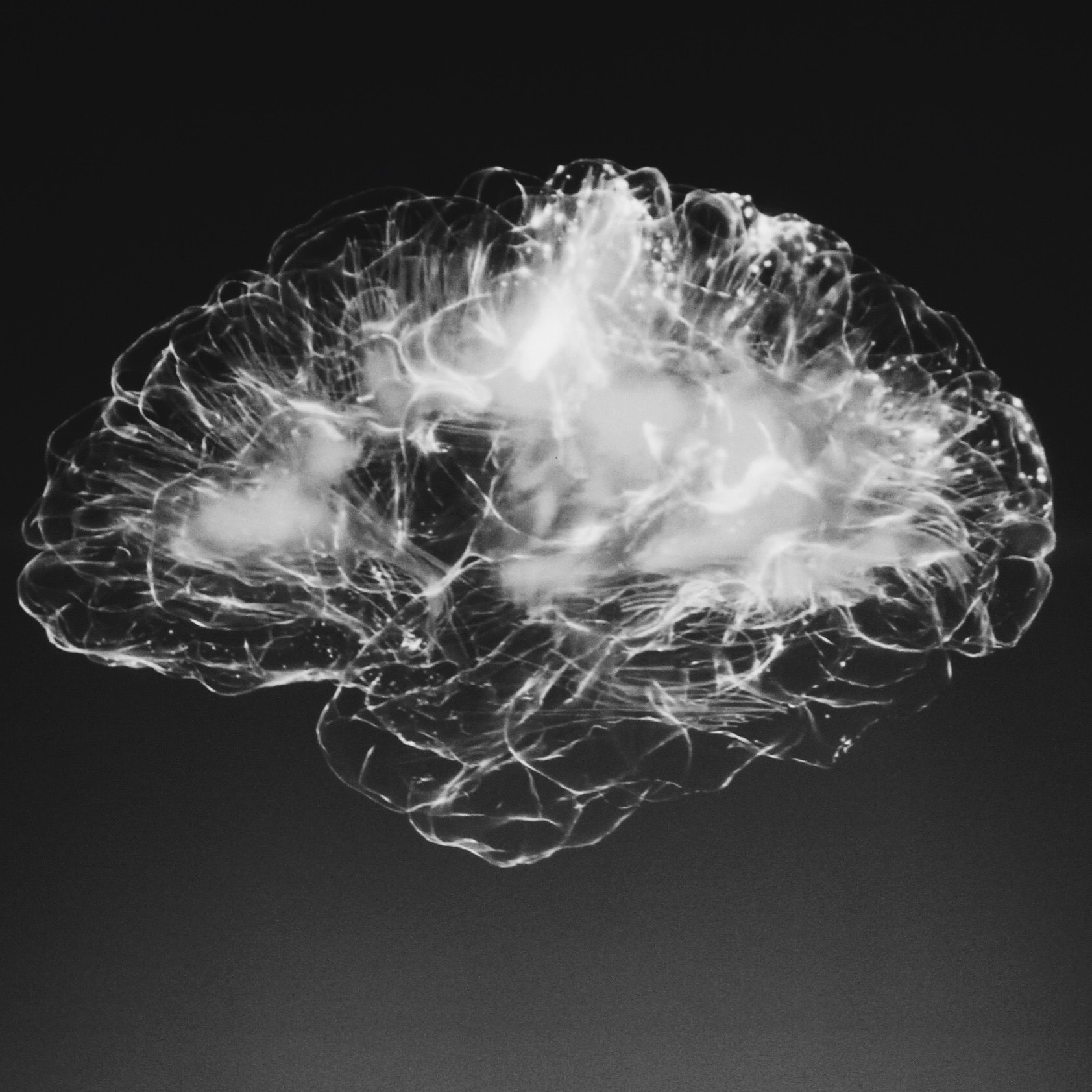
Romain Couillet (University Grenoble-Alps, France), “Random Matrices Could Steer the Dangerous Path Taken by AI but Even That Is Likely Not Enough”
On ZoomAbstract: Like most of our technologies today, AI dramatically increases the world's carbon footprint, thereby strengthening the severity of the coming downfall of life on the planet. In this talk, I propose that recent advances in large dimensional mathematics, and especially random matrices, could help AI engage in the future economic growth. This being said,















